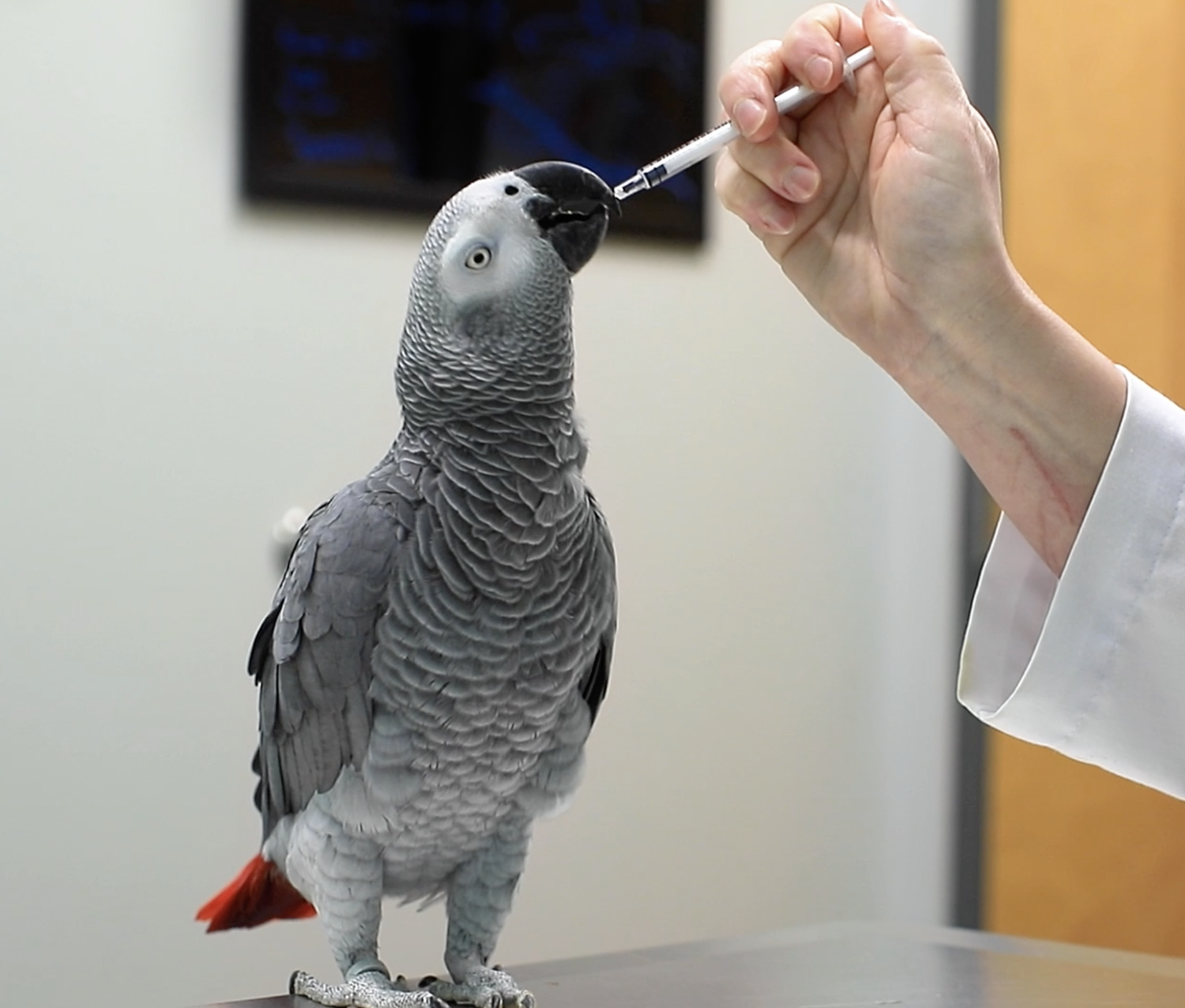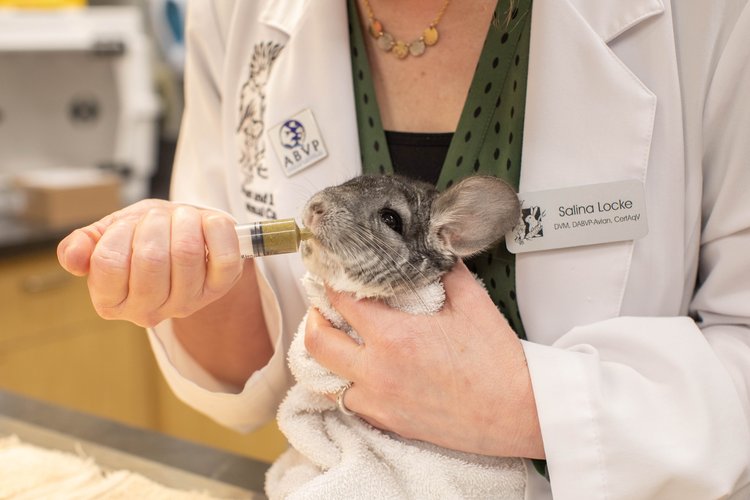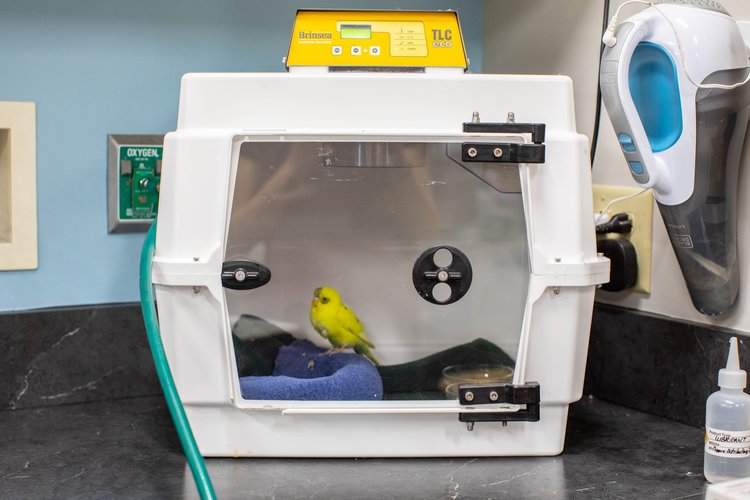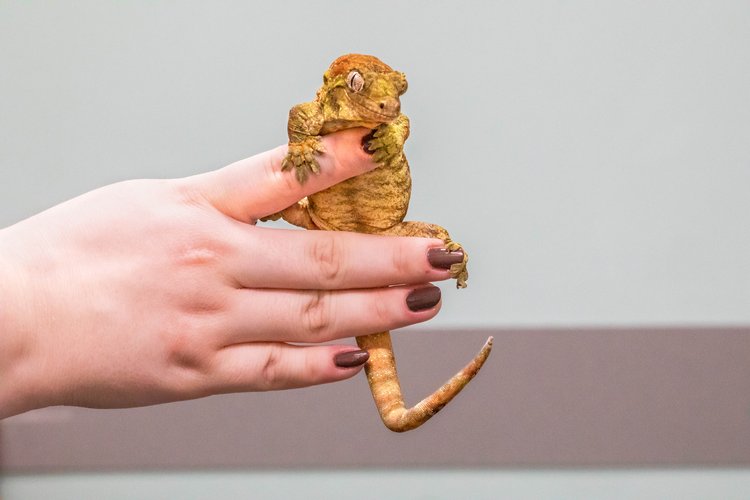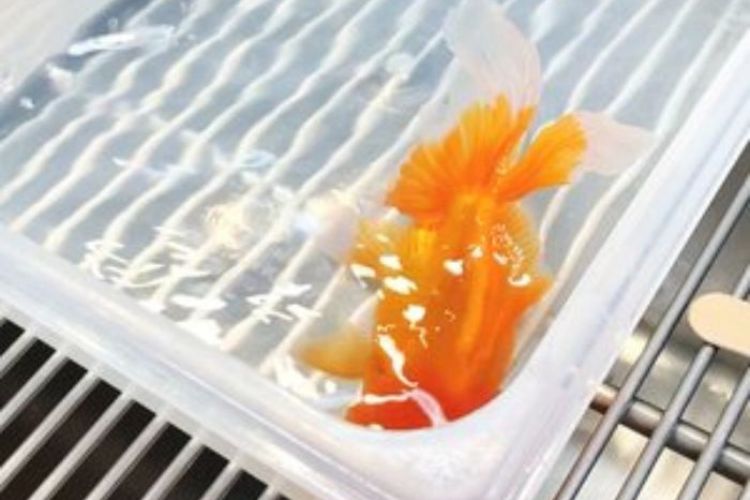What Is Considered an Emergency?
If you feel you have a medical emergency, call us immediately at (919) 844-9166!
Even if your pet’s condition turns out to be not serious, we always recommend that you confirm with us whether they require emergency care. Erring on the side of caution when it comes to your pet’s safety helps ensure you can respond promptly when they are in peril.
Exotic animals are very good at hiding their signs of illness, a phenomenon known as “masking.” This makes it incredibly difficult to know when something is wrong with our exotic pets. In the wild, many of our exotic pets would be picked out of their flocks, ostracized, and quickly become food should they seem sick. Because of this, our exotic pets are often much sicker than they may appear before we notice.
Any active bleeding, seizing, non-responsive or pet in respiratory distress is an emergency. If you feel your pet is in urgent need of care, it never hurts to give us a call, but we have a list of common signs to look for that warrant an emergency or urgent care exam below.
Emergency by Species
What to Do to Stabilize Your Pet Prior to Treatment
After calling for an urgent care or emergency appointment, here are some things you can do to help stabilize your pet on the way in:
Bleeding can be controlled by holding gentle but firm pressure over the site with a clean towel or rag or applying a gentle pressure bandage. Please do not attempt to apply a tourniquet. Don’t wipe clotted blood away, as this may cause the bleeding to worsen again if you are able to stop it.
If you feel your pet may have a fracture, we recommend a snug container or box to prevent excessive moving or climbing that could make a fracture worse. Sometimes, with small birds, placing them in a tube sock with a hole cut out in the toe and then placing them in a padded shoe box works well.
Reducing stimulation by placing your pet in a darker environment can be beneficial in reducing stress. This is helpful if your pet is in pain, but it is also recommended for patients who may be having a seizure.
If your pet is having a seizure, place it in a padded carrier. Take caution around their mouths as they clinch and bite you accidentally. In some cases (ferrets), if you feel your pet’s blood glucose is low and may be the cause of their seizure, a small drop of Karo syrup or honey can be applied with a cotton-tipped applicator to the gums (gingiva) before you load your pet into their carrier for transport.
If your pet feels cold to the touch, we recommend wrapping them in a towel and placing them beside a warm water bottle, hot hands, a heating pad on a low, or another heat-producing device. Remember never to place your pet directly on the warming device. This may lead to burns if they are unable to move themselves from it.
If we are closed and your pet needs emergency care, please refer to the clinics listed below. These are our recommended options for emergency services:
NCSU Emergency Services and Critical Care: (919) 513-6911

